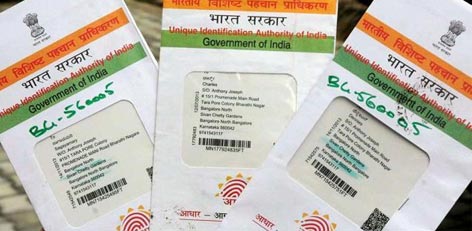Gold: A Precious Metal with Complex Impacts on the Economy

Gold has always held a unique place in human history. Its scarcity makes it valuable, and despite its limited presence in the Earth`s crust, it continues to shape global economies in significant ways.
The Scarcity and Value of Gold
The rarity of gold is a key reason for its high value. While metals like aluminum make up 8% of the Earth’s crust and iron about 5.5%, gold constitutes a mere 0.0000003%. This scarcity keeps its price elevated. If gold were as abundant as aluminum or iron, its value would significantly decrease. However, gold`s value goes beyond just scarcity-it’s about its properties and uses.
Properties of Gold: More Than Just a Precious Metal
Gold may be seen as a common metal in some ways, but it has properties that set it apart. It`s highly ductile, easily alloyed with other metals, and boasts excellent electrical and thermal conductivity (though slightly lower than copper). These characteristics make gold essential in various industries, including electrical, electronics, and aerospace.
Gold and Its Role in Global Economies
For many, gold is a symbol of wealth and security. However, for a country`s economy to truly thrive, the price of gold should remain reasonable. When gold becomes too expensive, it encourages people to invest heavily in the metal, which can divert resources from other goods and services that are more perishable and contribute more directly to the economy’s day-to-day functioning.
In the past, gold was the foundation of global trade. Before 1971, gold was used as a currency in international trade. Countries would print money based on the amount of gold they held in reserve. This system, known as the Gold Standard, was phased out in favor of foreign exchange reserves, primarily the US dollar. Today, countries issue currency based on their foreign exchange reserves, and gold plays a different role in the economy.
India and Its Unbreakable Bond with Gold
India has a long-standing relationship with gold, deeply rooted in its culture and traditions. The country leads the world in gold consumption, primarily for jewelry. This high demand for gold drives India to import more of it than any other nation, while also being a significant exporter of gold jewelry.
Gold imports contribute to a significant portion of India’s trade deficit, second only to oil. It`s estimated that the equivalent of the entire worth of Apple Inc. circulates in gold within India, mostly for domestic consumption.
The Economic Impact of Focusing on Gold
Focusing solely on gold can stunt the growth of a country’s economy. While gold contributes 7% to India’s GDP and provides employment to nearly 5 million people, over-reliance on it can be harmful. Investing too heavily in gold diverts attention from other sectors that can drive sustainable economic growth.
Conclusion: Gold’s Place in the Economy
In short, gold is like the red piece in a game of carrom-it’s important but not the only necessity. Its value, both cultural and economic, is undeniable, but a balanced approach is essential for any country aiming for long-term prosperity. While gold continues to glitter, it’s crucial to recognize its place in the broader economic landscape.






